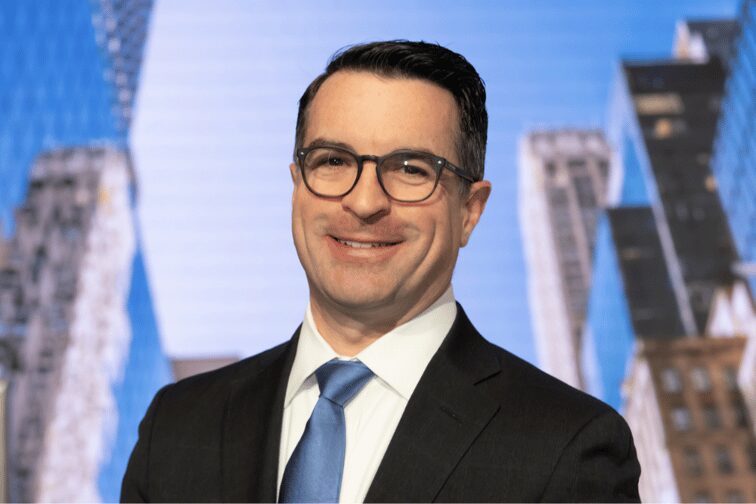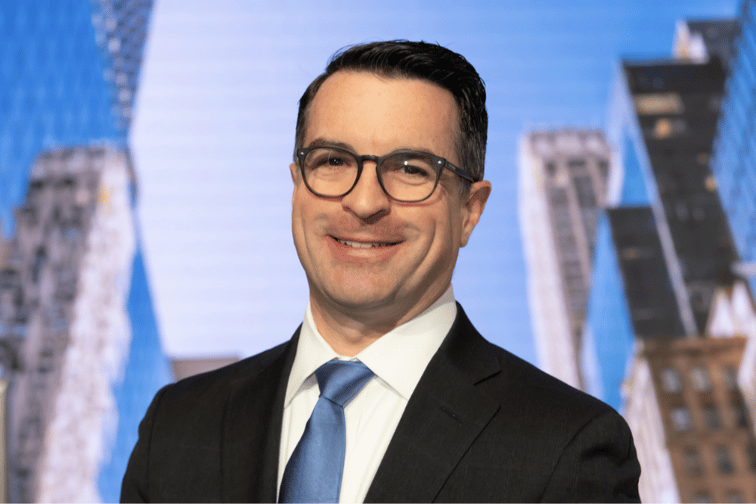
Outlook remains stable, attributable to adequate operating performance

AM Best has reaffirmed the financial strength rating of A- (Excellent) and the long-term issuer credit rating (Long-Term ICR) of “a-” (Excellent) for Harrington Re Ltd. (Harrington). In addition, the long-term ICR of “bbb-” (Good) for Harrington Reinsurance Holdings Limited was also affirmed.
Both companies, headquartered in Bermuda, have been given a stable outlook for these ratings.
The ratings are based on Harrington’s robust balance sheet strength, which AM Best categorizes as very strong. Other factors contributing to the ratings include Harrington’s adequate operating performance, its neutral business profile, and effective enterprise risk management strategies.
Potential factors for a negative rating action include significant adverse reserve development affecting Harrington’s capitalization, substantial negative fluctuations in investment performance, or a material decline in its risk-adjusted capitalization. While not anticipated in the near future, positive rating action could result from a consistent trend of favorable reserve development.
Founded in 2016, Harrington is backed by AXIS Capital Holdings Limited (AXIS) and The Blackstone Group Inc. The company’s risk-adjusted capitalization, evaluated using Best’s Capital Adequacy Ratio (BCAR), aligns with the highest level of assessment. AM Best anticipates that Harrington’s BCAR scores will continue to support a very strong assessment of its overall balance sheet strength in the future.
Harrington employs an alternative asset strategy that has positively impacted its net income historically. The company is also developing a diversified, multiline reinsurance portfolio, with a focus on medium to longer-tailed casualty lines.
Business for Harrington is primarily sourced through cessions from AXIS, as it does not directly engage the market. The company benefits from a well-established risk management function and draws on the expertise and systems of its sponsors.
What are your thoughts on this story? Please feel free to share your comments below.
Keep up with the latest news and events
Join our mailing list, it’s free!

This page requires JavaScript


















